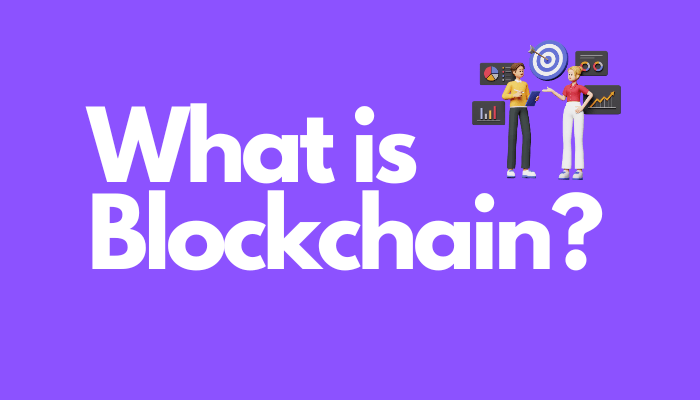
What is a Blockchain?
Blockchain is an allotted database or ledger this is shared by a few of the nodes of a pc network. It stores information electronically in digital format and is best known for its role in cryptocurrency systems like Bitcoin. A blockchain is a kind of dispensed database or ledger because of this that the strength to update a blockchain is sent among the nodes or members of a public or personal laptop network. Blockchain technology enables the secure sharing of information and facilitates the process of recording transactions and tracking assets in a business network. It has the potential to change industries from the bottom up and is being explored for various applications beyond cryptocurrencies.
How Does a Blockchain Work?
It's far a database in which data is entered and stored. But the important thing distinction between a conventional database or spreadsheet and a blockchain is how the records are established and accessed blockchain includes packages referred to as scripts that behave the responsibilities you normally would a database: Entering and getting access to statistics and saving and storing it somewhere. A blockchain is distributed, which means that more than one copy is stored on many machines and that they ought to be all healthy for it to be valid. The blockchain collects transaction facts and enters them properly right into a block, like a molecular in a spreadsheet containing facts. Once it's far full, the facts are administered thru an encryption algorithm, which creates a hexadecimal wide variety referred to as the hash. The hash is then entered into the subsequent block header and encrypted with the opposite facts with inside the block. This creates a chain of blocks that can be chained together.
Is Blockchain Secure?
The blockchain era achieves decentralized protection and maintains it in thoughts many ways. To start with, new blocks are usually saved linearly and chronologically. That is, they're constantly brought to the “end” of the blockchain. After a block has been delivered to the cease of the blockchain, preceding blocks can't be changed. An alternate in any records adjustments the hash of the block it became in. Because every block includes the preceding block's hash, an extra in a single might extrude the subsequent blocks. The community could reject an altered block due to the fact the hashes could now no longer match. For instance, consider that a hacker runs a node on a blockchain community and desires to regulate a blockchain and thieve cryptocurrency from all and sundry else. If they had been to alternate their replica, they could persuade the alternative nodes that their replica turned into the legitimate one. They might want to manipulate a majority of the community to try this and insert it at simply the proper moment. This is referred to as a 51% assault due to the fact you want to manipulate greater than 50% of the community to try it. The timing might be the whole thing on this form of attack—by the point the hacker takes any action, The community is possibly to have moved beyond the blocks they had been seeking to alter. This is due to the fact the charge at which those networks hash is extraordinarily fast—the Bitcoin community hashed at 348.1 exchanges in step with the second (18 zeros) on April 21, 2023.
Bitcoin vs. Blockchain
Bitcoin and blockchain are associated with wonderful concepts. Bitcoin is a virtual foreign money that makes use of the blockchain era for its transactions, while blockchain is a decentralized ledger technology that underlies Bitcoin and many other cryptocurrencies. Bitcoin is a type of cryptocurrency, which is a digital asset designed to work as a Medium of trade that makes use of cryptography to stable its transactions and manage the advent of latest units. Bitcoin operates on a decentralized network, which means that no single entity or organization controls it. Instead, Bitcoin transactions are verified and recorded on a blockchain, a distributed ledger that is maintained by a network of computers. Blockchain is a technology that enables secure, transparent, and decentralized transactions. It is a digital ledger that records transactions in a way that is tamper-proof and immutable. Each block in a blockchain contains a cryptographic hash of the previous block, creating a chain of blocks that cannot be altered without the consensus of the network. This makes blockchain an excellent generation for packages that require an excessive diploma of security, transparency, and immutability, such as financial transactions, supply chain management, and digital identity verification. While Bitcoin is the most well-known application of blockchain technology, there are many other potential uses for blockchain beyond cryptocurrency. For example, blockchain can be used for smart contracts, which are self-executing contracts with the phrases of the settlement between client and vendor being at once written into traces of code. Blockchain can also be used for decentralized applications (DApps), which are software applications that run on a blockchain network and are not controlled by a single entity or organization. In summary, while Bitcoin is a cryptocurrency that uses blockchain technology, blockchain is a broader concept that can be used for a variety of applications beyond cryptocurrency.
Get to Know More: Where do I learn about Blockchain?
Categories: Tech Blogs Tags: #Blockchain, #What is a Blockchain
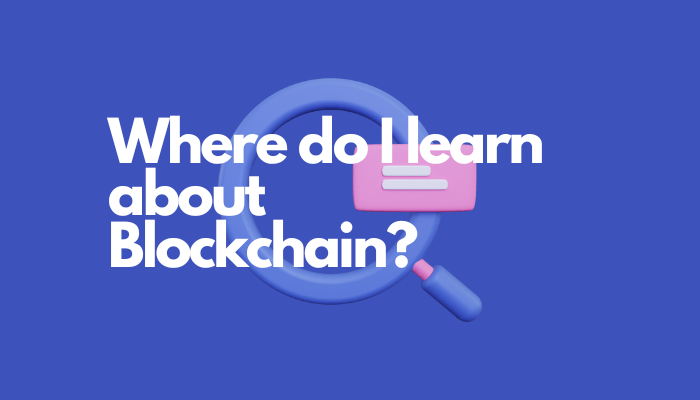
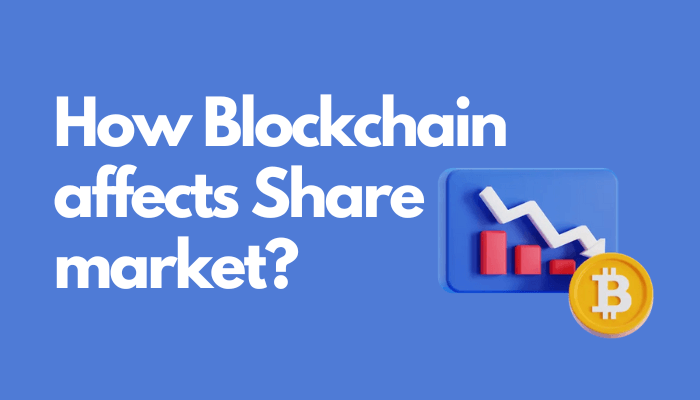
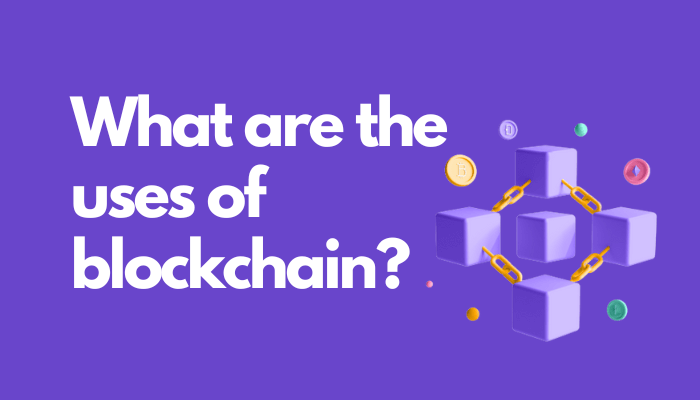
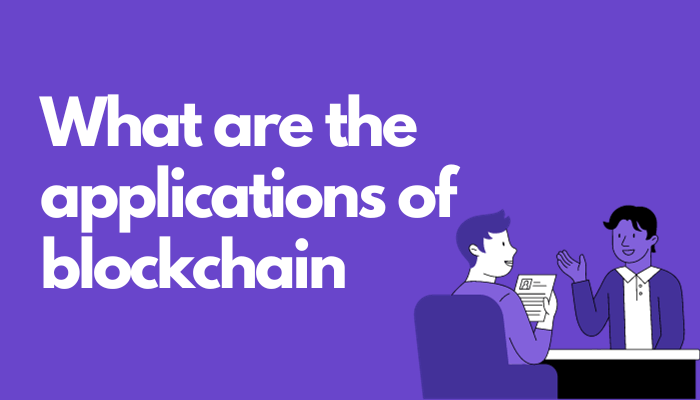
Leave a comment